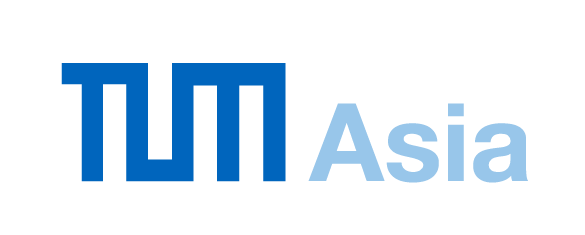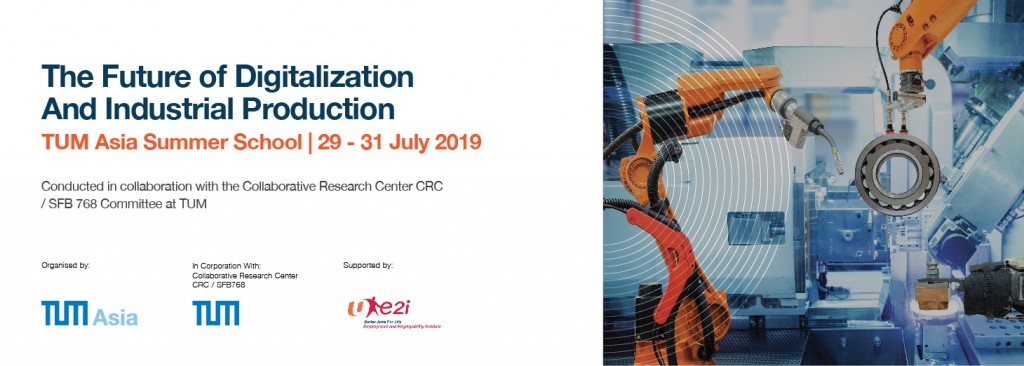“THE FUTURE OF DIGITALIZATION AND INDUSTRIAL PRODUCTION”
Multi-disciplinarity as success factor for systems design and management of innovations
HOW DOES THE FUTURE OF INDUSTRIAL PRODUCTION LOOK LIKE?
Industries are becoming increasingly digital. Terms like Industrie 4.0 (the 4th Industrial Revolution), Cyber-Physical Systems (CPS), Product-Service-Systems (PSS), Big Data or Artificial Intelligence (AI) has created massive awareness of the topic within many companies and among the public. There can be no doubt that beyond the hype, digitalization will transform industries.
In early 2019, Volkswagen in Germany teamed up with Amazon in the U.S. to create an “industry cloud” to connect over one hundred factories and 1500 suppliers and partners. As a result, companies achieved shortened cycle times, improved product quality, and implemented efficiency across their operations, while reaping the benefits of manufacturing highly customized products on a global scale. In an advanced manufacturing ecosystem where modern technologies such as the Internet of Things (IoT), the Industrial Internet of Things (IIoT), automation, cloud computing, Big Data processing, and highly integrated communication capabilities work together – cybersecurity and the social-technical impacts it brings about are aspects that cannot be ignored as well.
This 3-Day Summer School catered for working professionals will comprise of a series of lectures, case studies and discussions conducted and facilitated by 3 leading departments in the future of industries domain from the Technical University of Munich (TUM). The Summer School is conducted in collaboration with the Collaborative Research Center CRC / SFB 768 Committee at TUM.
PROGRAMME OVERVIEW
This Summer School adopts a unique multi-disciplinary approach to ‘The Future of Digitization and Industrial Production’. It offers in-depth knowledge of a range of aspects on the digitalization of industries.
Participants will gain a holistic overview of the most relevant aspects of the future of industries from an engineering, social science and organization studies as well as management and computer science perspective.
PROGRAMME OBJECTIVE
-
Strengthen key knowledge and insights relevant to digital industries among professionals and senior management of local industries
- Encourage local industries to take the next step towards digitization and optimization of their manufacturing processes and implement new innovative measures
- Motivate professionals to adopt agile project management and risk management approaches for digital networks
- Equip professionals with an analytical, socio-technical framework knowledge from both inter-disciplinary and inter-organizational perspectives
WHO SHOULD ATTEND
- Engineers, Professionals, Managers and Executives (PMEs)
- Middle – Senior Management Decision Makers








